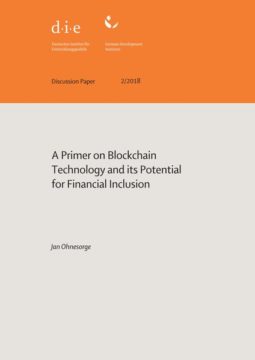The invention of Bitcoin in 2008/2009 gave consumers and businesses the possibility to transfer money nationally and internationally on a truly peer-to-peer basis (i.e. without a trusted central party such as a bank). Few people realised the full potential of the technology in the early days, but today blockchains are often referred to as the “internet of trust”. This term relates to the universal potential of blockchain technology, which goes beyond payment systems and enables people that do not trust each other to directly exchange (digitally representable) goods and services with each other. Today’s variety of blockchain technologies, including many crypto currencies, is impressive. Start-ups and IT incumbents are constantly reducing the speed, cost and effort it requires to transfer crypto currencies globally, while also increasing transaction capacity and offering services that go beyond payments. This discussion paper characterises the 10 biggest crypto currencies in terms of market capitalisation and explains the functioning principles of their underlying technologies. These variants of the technology are also essential for non-financial applications.
A focus of this paper is the potential of blockchain technologies to improve (international) payments and land registries. Bitcoin-enabled payments were the first application of blockchain technology, and frictionless (international) payments are an essential part of financial inclusion. In contrast, improving land registries is a more innovative use of the technology, but the connection to financial inclusion is not straightforward. However, land registries may indeed play an important role in fostering access to credit for financially underserved people.
Almost any technology comes with new risks, and blockchains are no exception to this rule. Although blockchains can provide a very high level of safety and immutability, it depends on the concrete design of the implementation whether this potential is realised. In addition, some blockchain technologies are very energy-intensive, which is an environmental risk. Finally, the high levels of volatility of most crypto currencies represent an economic risk for their users. National and international regulators are challenged by the rapid evolvement of the technology and should aim to mitigate its risks without compromising its potential.
- Veröffentlicht am Samstag 14. Dezember 2024 von Deutsches Institut f. Entwicklungspolitik
- ISBN: 9783960210573
- 43 Seiten
- Genre: Gesellschaft, Politik, Sachbücher, Wirtschaft
